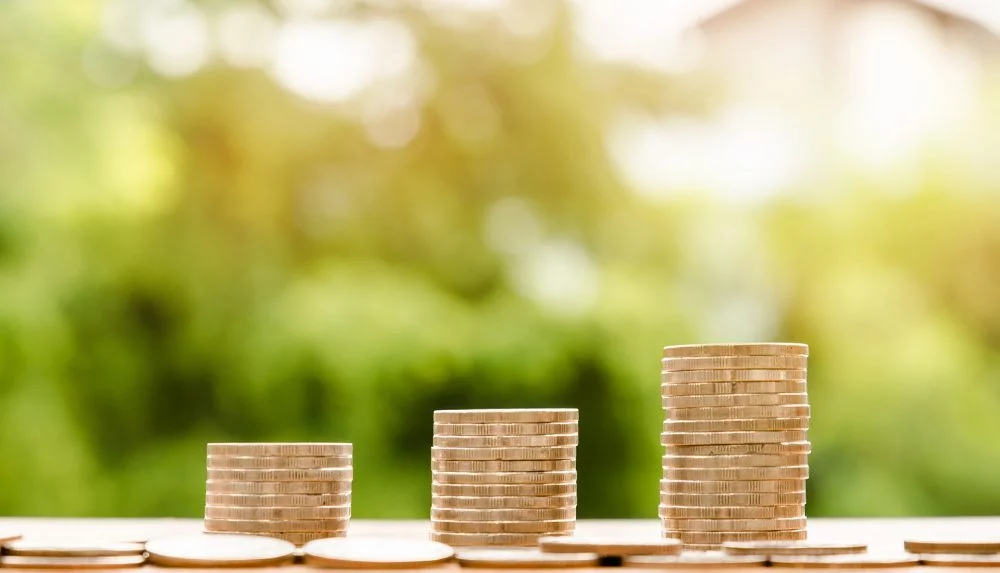Most business owners instinctively understand the difference between renting and owning. When you rent your premises, you pay a monthly fee with nothing to show for it at the end. When you own, your payments build equity in an asset that works for you.
Grid electricity works the same way. Every month your business pays the utility company for power, at rates that can rise without warning. You have no control, and when you stop paying, the supply stops. There is no residual value and no hedge against rising prices.
Investing in a commercial solar system is more like buying the building you operate from. There is an upfront cost, but it is a tangible asset on your balance sheet that generates value. From day one, the system produces electricity for your operations. Typical payback periods for commercial systems range from 3 to 5 years, after which the energy is effectively free aside from routine maintenance.
Importantly, the system increases the value of your business. For example, if you invest £100,000 in a commercial solar installation:
- You reduce ongoing energy costs, improving profit margins.
- You add a physical, revenue-generating asset to your balance sheet.
- The system can be depreciated for tax purposes, giving additional financial benefit.
- If you ever sell your business, buyers see lower operating costs and a ready-made renewable energy system, which increases the overall sale value.
Better Budgeting and Forecasting
One of the biggest advantages of owning your power is certainty. Grid electricity prices are volatile and difficult to predict — UK non-domestic prices more than doubled between 2020 and 2023. For businesses, this makes forecasting operating costs challenging and can impact margins.
With a commercial solar system, businesses gain much more predictable energy costs. Once the system is installed, you know how much electricity it will generate and how much you will need to purchase from the grid. This allows for more accurate budgeting, improved financial planning, and a reduced risk of unexpected cost spikes.
Other key facts for businesses:
- Solar costs have fallen sharply. The installed price of commercial solar has dropped by over 60% in the past decade.
- Predictable energy costs. Once paid for, your solar system protects you from fluctuating grid prices.
Remaining entirely reliant on the grid is effectively renting power indefinitely. Investing in commercial solar gives your business control, reduces exposure to rising energy prices, and creates a valuable, tangible asset.
For businesses focused on cutting costs and building long-term value, solar is not just an energy solution — it is a sound business investment.
If your business is ready to take control of its energy costs, reduce exposure to rising prices, and build a tangible asset that adds long-term value, it’s time to explore commercial solar.
Contact us today to see how a solar system could work for your business.

.png)
.png)










.jpg)
.webp)